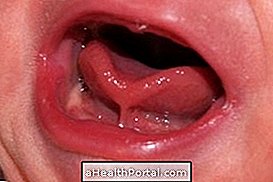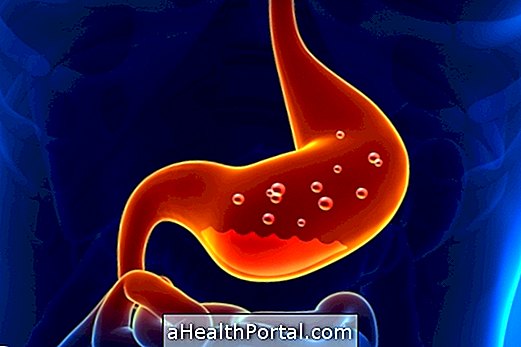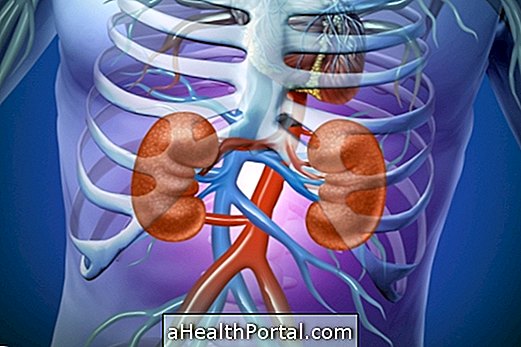Pericarditis is inflammation of the membrane covering the heart, also known as pericardium, which causes very intense pain in the chest, similar to a heart attack. Generally, the causes of pericarditis include infections, such as pneumonia and tuberculosis, rheumatic diseases such as lupus and rheumatoid arthritis, or radiation therapy to the chest.
When pericarditis occurs suddenly, it is known as acute pericarditis, and usually its treatment is rapid, and the patient recovers in about 2 weeks. However, there are cases in which pericarditis develops over several months, with a more time-consuming treatment.
Learn more about other types of pericarditis: Chronic Pericarditis and Constrictive Pericarditis.
Acute pericarditis is curable and in most cases its treatment is done at home with rest and use of analgesics and anti-inflammatories prescribed by the cardiologist, however, in more severe cases it may be necessary to hospitalize the patient.
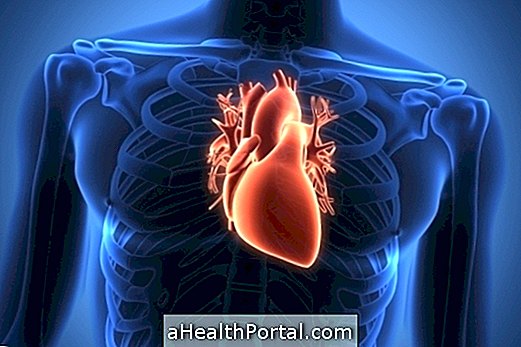
Symptoms of pericarditis
The main symptom of pericarditis is severe chest pain that worsens when you cough, lie down, or breathe deeply. However, other symptoms include:
- Pain in the chest that radiates to the left side of the neck or shoulder;
- Difficulty breathing;
- Feeling of palpitations;
- Fever between 37º and 38º C;
- Excessive tiredness;
- Persistent cough;
- Swelling of the belly or legs.
When the patient has symptoms of pericarditis, he should call for medical help, call 192, or go to the emergency room as soon as possible for tests, such as an electrocardiogram or echocardiogram, and dislodge a heart attack. After this, the cardiologist may order other tests, such as a blood or X-ray of the chest to confirm the diagnosis of pericarditis and initiate appropriate treatment.
Treatment for pericarditis
Treatment for pericarditis should be guided by a cardiologist, but is usually done only with the use of analgesic and anti-inflammatory medicines such as Aspirin, Ibuprofen or Coquicine, which help reduce inflammation and pain until the patient's body eliminate the virus that is causing pericarditis. In the case of bacterial pericarditis, the doctor may also prescribe the use of antibiotics such as Amoxicillin or Ciprofloxacin, for example.
Even in the most severe cases of pericarditis, the patient should be admitted to hospital for vein or surgery medicine, depending on the symptoms and complications.
Possible Complications
The complications of pericarditis are more frequent in the case of chronic pericarditis or when the treatment is not done properly, and may include:
- Constrictive pericarditis : causes the formation of scars that make the heart tissue thicker, making it difficult to function and causing symptoms such as swelling of the body and difficulty in breathing;
- Cardiac tamponade : accumulation of fluid inside the membrane in the heart, decreasing the volume of blood pumped blood.
Complications of pericarditis may be life-threatening and therefore it is always necessary for the patient to be hospitalized.

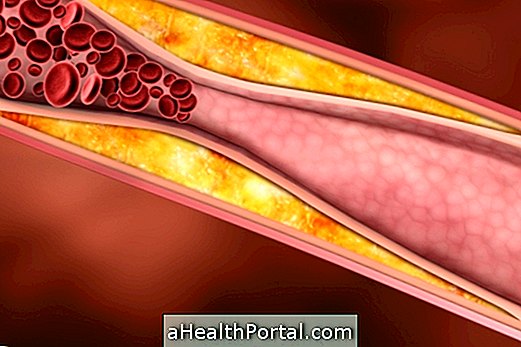





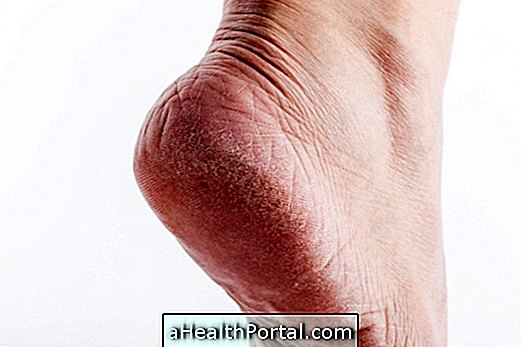


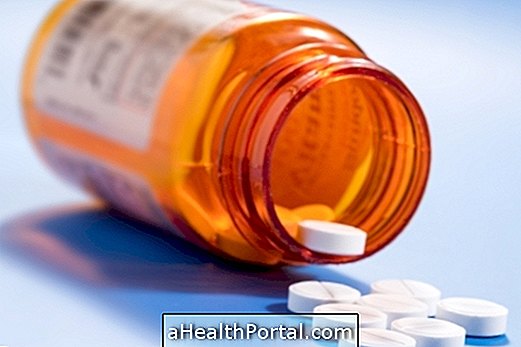
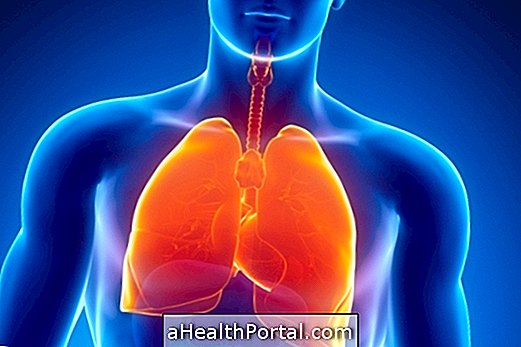
.jpg)
